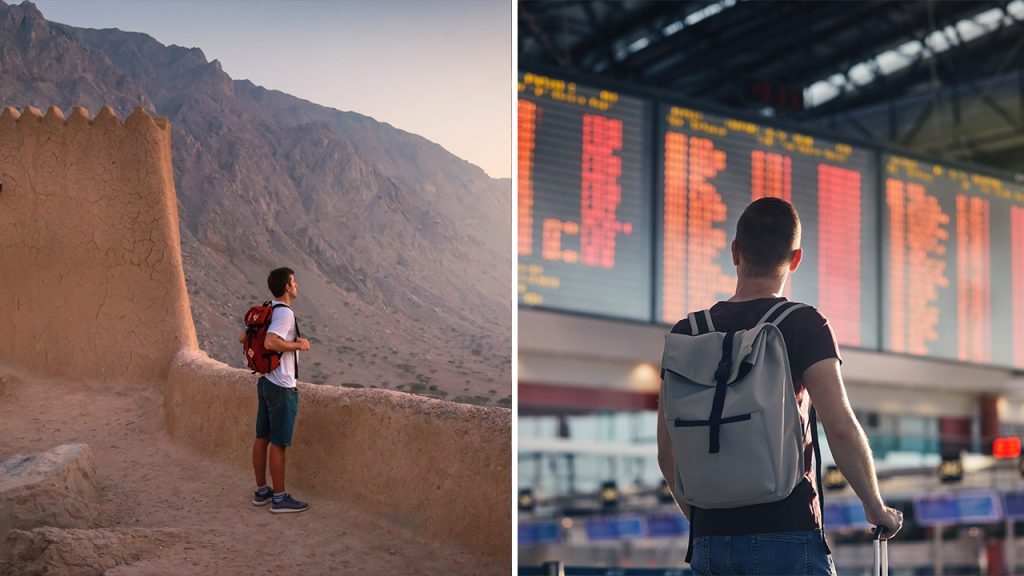The trend of dark tourism, where travelers seek out adventure in dangerous countries, is on the rise. Travelers are visiting places like Iraq, Iran, and Afghanistan to experience something different from their everyday lives. One man from Kansas City, Missouri, backpacked through Afghanistan, finding thrill in exploring risky destinations. Experts call this trend “thematic travel,” where people collect experiences that can be emotionally intense, similar to seeking out unique culinary experiences. Many travelers are drawn to the Middle East, Central America, and Africa for these dangerous adventures.
However, traveling to countries with State Department warnings can have serious consequences. A senior director at FocusPoint, a company specializing in emergency responses during critical events, explained that countries are designated as “do not travel” areas for valid reasons. Travel risk memberships are available for those who may find themselves in risky situations when visiting dangerous countries. Despite warnings, some travelers still choose to visit Level 4 areas like Afghanistan, Lebanon, Haiti, Iran, and Bangladesh. The government may not provide assistance or evacuation in these circumstances.
The State Department spokesperson emphasized that conditions in any country can change at any time, and travelers should be aware of the potential risks before undertaking a trip to a dangerous destination. While U.S. citizens are not required to register their travel with the government, it is important to stay informed about the safety of the country you plan to visit. FocusPoint memberships do not cover in-country responses for travelers in areas where the government advises against travel. The responsibility ultimately falls on the individual to ensure their safety and well-being during their travels to risky locations.
Despite the thrill-seeking nature of dark tourism, it is essential for travelers to understand the potential dangers and risks involved in visiting countries with travel warnings. While some may be drawn to the excitement and adrenaline of exploring dangerous places, it is important to prioritize safety and preparedness. The government may have limited ability to assist in emergencies, and travelers should take precautions to ensure their own well-being while abroad. Ultimately, the decision to visit risky destinations is a personal one, but travelers should be aware of the potential consequences and make informed choices when embarking on these adventurous journeys.


